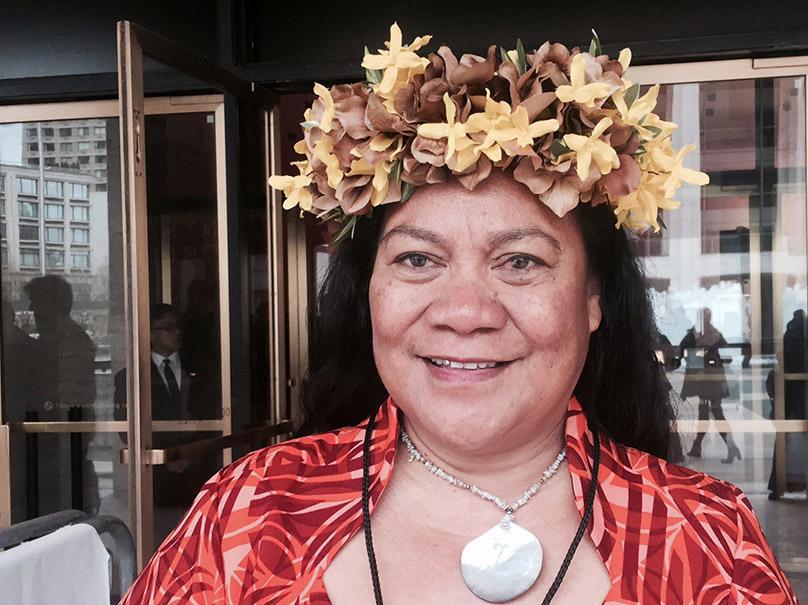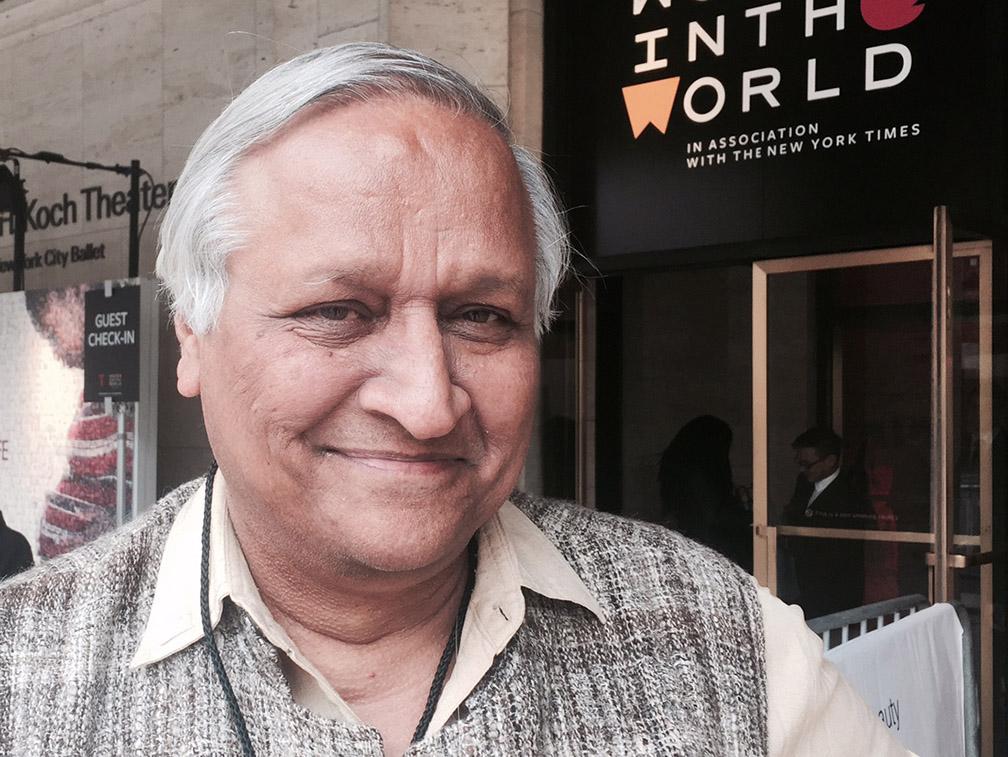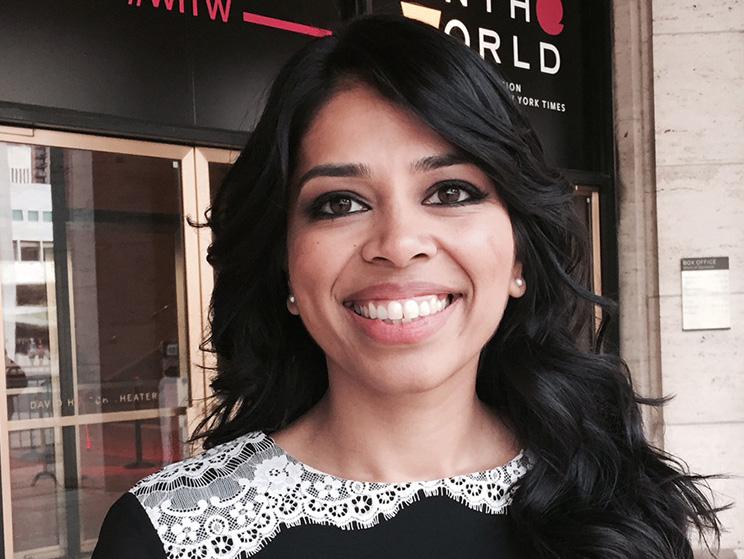Three ideas to improve the world
Dr. Priya Agrawal, executive director of Merck for Mothers, at Women in the World in New York, April 23, 2015.
Half of humanity face a complex set of problems, from maternal mortality to illiteracy. The international activists (and not a few celebrities) who gathered at the Sixth Annual Women in the World Summit in New York are focused on a huge range of solutions. We caught up with a few of the most innovative thinkers at the event at Lincoln Center and asked: if you could get the world to focus on one thing to improve the lives of women, what would it be?
1. Understand and tackle maternal mortality
Dr. Priya Agrawal, an obstetrician and gynecologist, has been trying most of her professional life to stop women from dying in pregnancy and childbirth. Now executive director of Merck for Mothers, she's heading up a $500 million, 10-year initiative to do just that in 30 countries around the world, including the US, where maternal mortality is on the rise. If there is one silver bullet, says Dr. Agrawal, it's access to family planning. She says it reduces maternal mortality by 40 percent — since if you’re not pregnant, you can’t die as a result of complications of pregnancy and childbirth.
Hear Dr. Agrawal on why maternal mortality is such a crucial issue right now:

2. Start thinking about the impact of climate change on women
Pelenise Alofa (also known as Maike Pilitati) hails from Banaba Island in Kiribati, a tiny Pacific island nation threatened by climate change. Alofa is National Coordinator for the Kiribati Climate Action Network, and she says the rising seas could soon make all her people refugees. But even now, it's making the lives of women — who need to collect clean drinking water — very challenging. Pelenise begs Americans to lobby their government and switch to renewable energy — and please do it now, she adds, because “maybe by 2030, we won’t be there.”
Alofa harkens back to WWII, another time when the US fought for her island:

3. Invest in grandma power
The rural poor have the wisdom and capacity to lead their own development: That's the philosophy behind India's Barefoot College and its founder, Sanjit “Bunker” Roy. He's trained hundreds of women from Africa and the “Barefoot Approach” to technology has been implemented in 72 countries. And much of it, such as solar arrays, are being operated by grandmothers, a population often overlooked by the NGO community. Roy finds their wisdom and enthusiasm infectious. Hear how:
We want to hear your feedback so we can keep improving our website, theworld.org. Please fill out this quick survey and let us know your thoughts (your answers will be anonymous). Thanks for your time!
